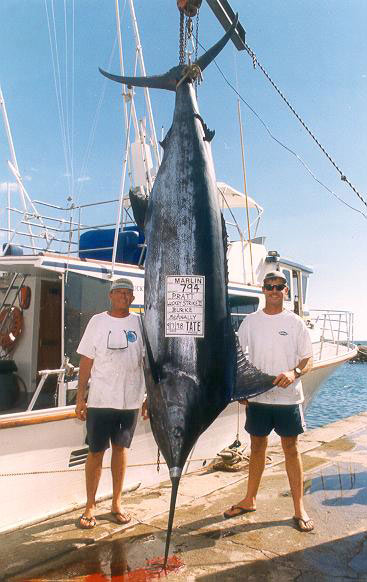 When it comes to prospecting, the best approach is a strategic approach. Prospecting is a lot like fishing in the ocean. There are a lot of fish. There are a lot of different types of fish. Some are fun to catch, some are great to eat. The trick to catching fish in the ocean is knowing what you want to catch and where to find them.
When it comes to prospecting, the best approach is a strategic approach. Prospecting is a lot like fishing in the ocean. There are a lot of fish. There are a lot of different types of fish. Some are fun to catch, some are great to eat. The trick to catching fish in the ocean is knowing what you want to catch and where to find them.
Prospecting is very much the same. If your target is simply anyone who will buy from you, you may have some success catching something. However, when you take it home you realize it is a lousy fish. Successful prospecting requires knowing what your target is, where that target is, what they are looking for, and how they make their decisions. Empowered with this information you can effectively and  productively navigate your boat though the ocean right to the fish you want.
productively navigate your boat though the ocean right to the fish you want.
My prospecting planning focuses on the four T’s.
Target: Knowing who you want to do business with is key. You derive your targets from your best customer experiences. The people that have purchased from you in the past and provided the best business benefit are your customers of the future. If you want to shift markets, your objective is to quantify how that shift is going to translate into the same benefit and opportunity for the new market. Either way, your past experience is the best place to define your target.
Tactics: Once you have defined your target, the next step is to strategize how you are going to pursue it. Previous experience as to what worked in the past and where you experienced the most success in your selling activities are great places to start. You need to map out the three or four tactics that you are going to deploy in your prospecting strategy.
Time: As every person responsible for prospecting is already busy with other activities, the amount of time you are willing to invest needs to be defined. I recommend that you plan on spending around 20% (8 hours) of your work week in prospecting mode. Keep your prospecting list to less than 30 names at any given time and work that list diligently. When you eliminate or close a prospect, add another. But, do not think you are going to effectively prospect 3,000 names from a list. If you do, rethink your tactics as it relates to your time. Also, you must make an appointment with yourself to do this prospecting and protect that appointment with as much passion as you protect your days off.
Tools: Finally, the tools you will use to prospect are critical. Mailers, brochures, external resources are all examples of tools that can be used as a resource to support your strategy. Examine what has worked in the past and leverage those. I believe that any and all referrals and warm leads through your connections are always the best resource. If you can’t start there, you have a lot of relationship development work to do.
Prospecting requires a strategic, focused, and consistent process. Those guys catching marlin in the middle of the ocean don’t succeed by accident, they catch those fish by design. Want to grow your business? Have a prospecting plan in place and execute it.

Good post, I can’t say that I agree with everything that was said, but very good information overall:)